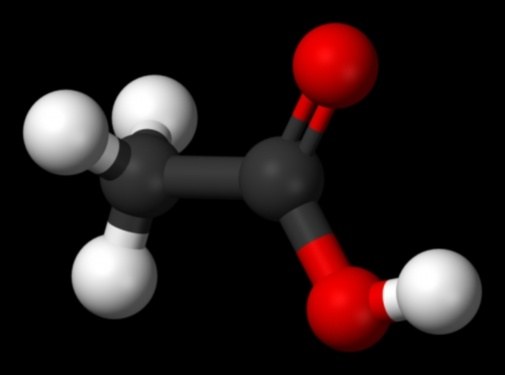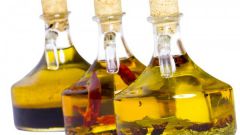Instruction
1
One of the methods for the preparation of vinegar is the oxidation of element - ethanal (acetaldehyde). The reaction proceeds according to the following scheme:2СН3СОН + O2 = 2СН3СООНДля of the transaction you will need a catalyst – salts of manganese. The reaction takes place at elevated temperatures (about sixty degrees).
2
This method is being rapidly displaced by other, more profitable from an economic point of view, the reaction of methanol with carbon monoxide. The reaction mechanism is as follows:CH3OH + CO = СН3СООНДостоинство this method lies in the high rate of reaction and the highest yield, the disadvantage is the need to use very expensive catalysts (based on rhodium and iridium) that is not available to all due to its high price level.
3
For obtaining of vinegar you can also use the method that is famous since ancient times is the so – called "acetic acid fermentation" liquids containing alcohol, under the action of a special enzyme called alcoholicas. In fact, it is the biochemical mode of production, which proceeds in several stages, through the formation of intermediate products. In simplified form it can be represented as follows:C2H5OH + O2 = CH3COOH + H2O
4
There is also a method of obtaining of vinegar by the distillation of finely divided wood. The raw material for this are waste of wood production, it is desirable to use deciduous species, as the waste of coniferous trees contain a lot of resin.
Note
For direct use in food, acetic acid is, of course, is not suitable! This will lead to severe poisoning. It is first necessary to turn into vinegar, diluted with water. Generally the concentration of table vinegar ranges from 3% to 9%.



